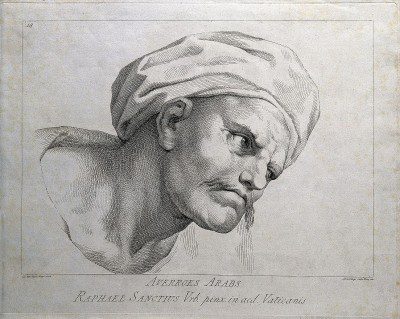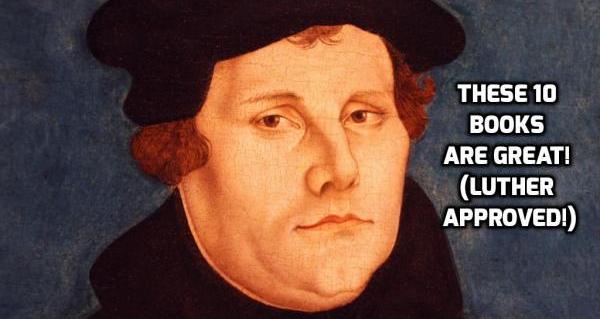4. Averroes (1126-1198 CE). Averroes is the Latin version of the Arabic, Ibn Rushd. Averroes was a medieval Muslim philosopher and theologian during the golden age of philosophy in the Arabic world, when Christians, Jews, and Muslims constructively engaged each others’ thought and work probably to an extent we haven’t seen since. Philosophically, Averroes was a rationalist, and was considered controversial to orthodox as well as to more mystic-oriented Muslim theologians. Best known to western philosophy as the great translator and commentator of Aristotle, he was instrumental in re-introducing the thought of Aristotle to Europe, in a time when the philosopher had been mostly forgotten. His most famous work is The Incoherence of the Incoherence, which is a defense of Aristotle’s philosophy against the orthodox Muslim philosopher Al Ghazali. But for his view of education, his treatise On the Harmony of Religion and Philosophy shows why he is sometimes considered one of the fathers of modern secular thought. He believed there is no fundamental conflict between non-religious oriented philosophy (and other spheres of thought) and revelation, but that rational thought and scientific knowledge must guide and shape our understanding of scriptures and therefore philosophy (reason) and the sciences are complementary and valid pathways to truth.












